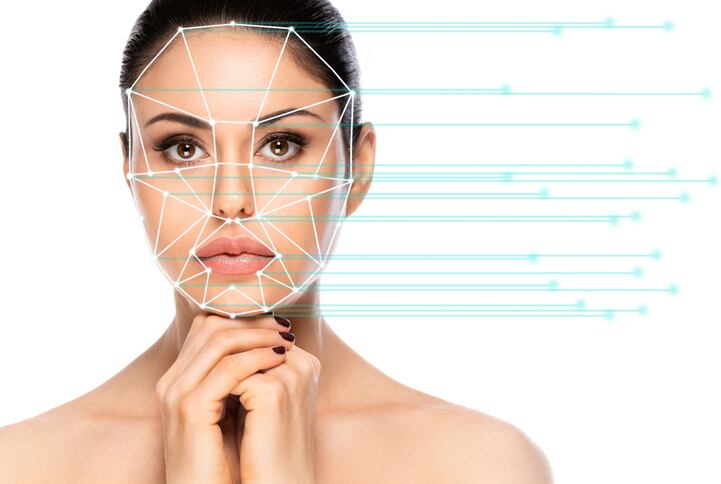Writing in the Journal of Cosmetic Dermatology, a team of researchers from Germany, United Arab Emirates and the US joined forces to craft a letter to the editor on the topic of cosmetic dermatology services in the metaverse. Specialised in dermatology and skin care, the team said the metaverse offered an array of important opportunities that scientists in the field of cosmetic dermatology should look to tap into.
“The metaverse will provide an advanced technology to deliver cosmetic dermatology care for education, research, diagnosis, intervention, and interaction purposes,” they wrote.
It also had to ability to decrease medical costs and reduce the number of time consuming, unnecessary visits and procedures in the dermatology field, they said.
“Hereby, we suggest that scientists of all related disciplines collaborate, as soon as possible, to take advantage of this highly effective environment.”
‘It was only a matter of time’
The metaverse had gained serious spotlight in recent months, with more and more brands engaging in the space – a patchwork of digital worlds comprised of virtual reality (VR), augmented reality (AR), mixed reality and artificial intelligence (AI). Meta executives recently said 2022 had been “the start of the beginning” for all-things metaverse across a range of industries.
In beauty, the metaverse today was largely being used for virtual try-ons, avatar makeovers and brand engagement. Creative campaigns, NFTs and virtual showrooms were just some of the examples cited by experts recently.
The researchers said: “It was only a matter of time and a natural progression of events that there would be a rising interest in the application of the metaverse in all fields of medicine, including cosmetic dermatology.”
And for cosmetic dermatology, they said it offered plenty of promise.
Industry training and patient engagement
The metaverse, for example, enabled care providers to practice procedures on life-like mannequins, using graphic designs to “imitate almost all dermatological and cosmetic procedures for trainees to practice and hone their skill set”.
Such tools could also be used for patient education, enabling them to access personalised recommendations for cosmetic products or procedures, they said. The metaverse could ultimately be used for diagnosis and longer-term management of dermatological disorders, they said.
“This is possible through the assessment of patients and scoring the severity of their cosmetic concerns,” the researchers wrote.
Procedure or treatment outcomes could also be tracked, they said. And with the “malleability” of the metaverse, this meant patients could also easily share experiences and outcomes of the same procedure or treatment, “thus enabling the patients to interact with them and decide more confidently”, they said.
“It also offers a more convenient patient-doctor interaction where they can share their points of view more effectively. Consequently, both patients’ and doctors’ satisfaction is increased, while cost and time consumed [and] repeat visits is decreased.”
Data-rich research and learnings
Between dermatologists and industry experts, the metaverse also offered a means to share views and help each other make decisions, the researchers said.
Beyond this, they said the metaverse and machine learning could improve cosmetic dermatology research thanks to the collection and storing of data prior to medical or interventional procedures, as well as tracking results thereafter. This rich set of data, they said, helped in the understanding and development of “more effective cosmetic products” because efficacy was being tracked in real-time. There was also true potential for live feedback, ultimately empowering brands and manufacturers to enhance the quality of final products, they said.
Looking ahead, however, it would be important industry considered carefully existing concerns related to the metaverse, around security, technical issues and legislative matters. Sustainability and social responsibility had also been raised as concerns in this fast-evolving space.
Source: Journal of Cosmetic Dermatology
Published online ahead of print, doi: 10.1111/jocd.15670
Title: "Cosmetic dermatology services in metaverse"
Authors: M. Babaei et al.




